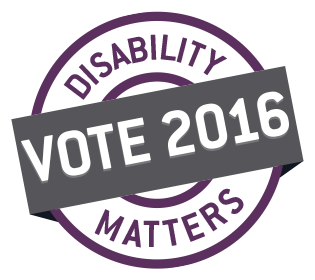A Fully Accessible Manitoba
Manitobans with disabilities have the human right to fully participate in all aspects of public life – where people work, study, shop and recreate. This right is enshrined in provincial, national and international law. But it has never been the reality. People with disabilities have historically faced and still continue to face pervasive barriers that limit their full citizenship in Manitoba.
The landmark Accessibility for Manitobans Act (AMA) was enacted to close the wide gap that exists between human and legal rights and the everyday experience of 175,000 Manitobans with disabilities. The historic Act passed Third Reading with all party, unanimous member support in the Legislative Assembly on December 3, 2013.
The AMA promised a decade of action with significant progress toward full accessibility to be achieved by 2023.
Two years have now passed and progress has been slow. Only one of five promised accessibility standards has been developed. At this pace, it will take the full ten years before this first set of standards is even in place. This is just way too long to have to wait for long overdue progress on removing the barriers faced by Manitobans with disabilities. As Martin Luther King Jr. reminded us, “A right delayed is a right denied”.
It is also troubling that the government has yet to develop a plan on how it will monitor and enforce compliance with these standards. The first standard came into force on November 1, 2015 and will apply to more than 36,000 organizations in Manitoba. How will we know if they are meeting the requirements? How will we even know if these organizations are aware of what is required of them?
A final concern is the clear mismatch between the leadership roles that Manitobans with disabilities need to play in the implementation of the AMA, and the resources available to support these roles. The government’s own Accessibility Advisory Council recommended that government provide financial resources to disability communities to support research and consultations. This is critical to ensuring that Manitobans with disabilities have the same level of access to independent technical and legal resources and advice as other stakeholder groups (e.g. business, municipalities, government departments) at the AMA ‘table’. No such resources have been provided to date.
